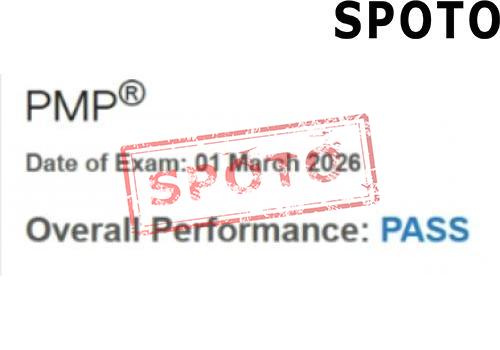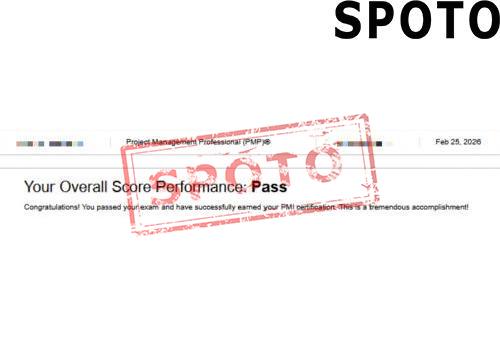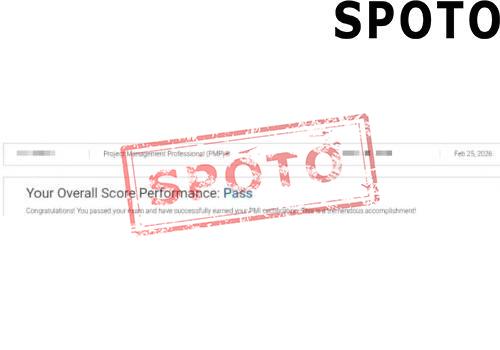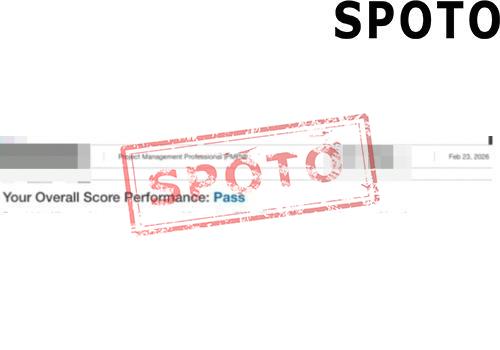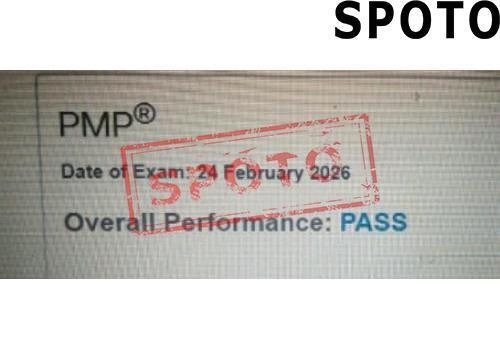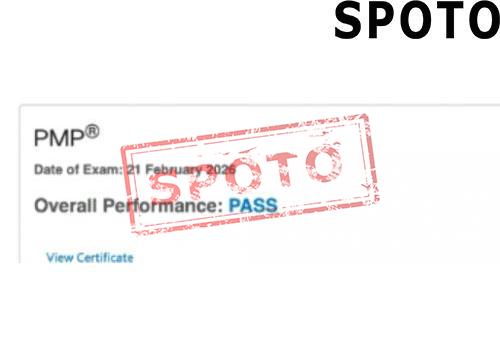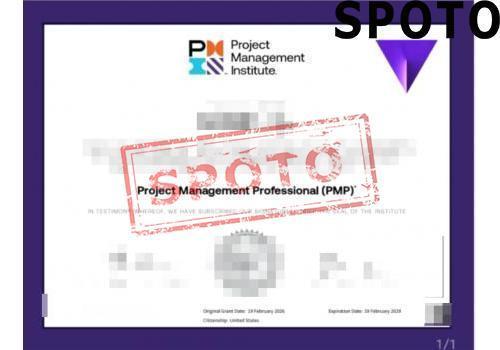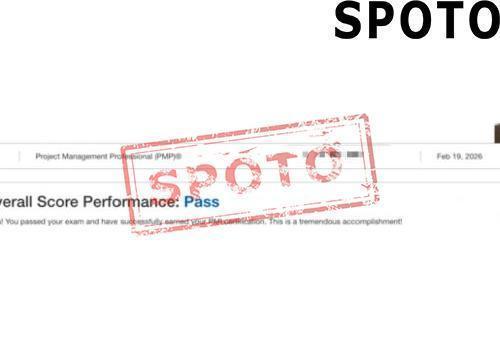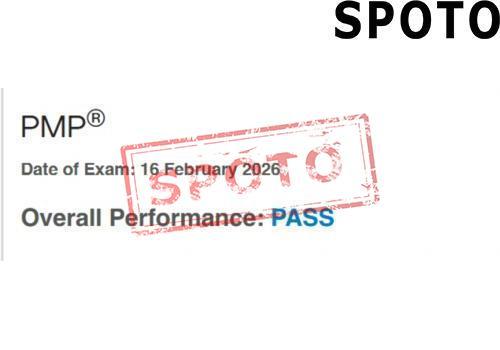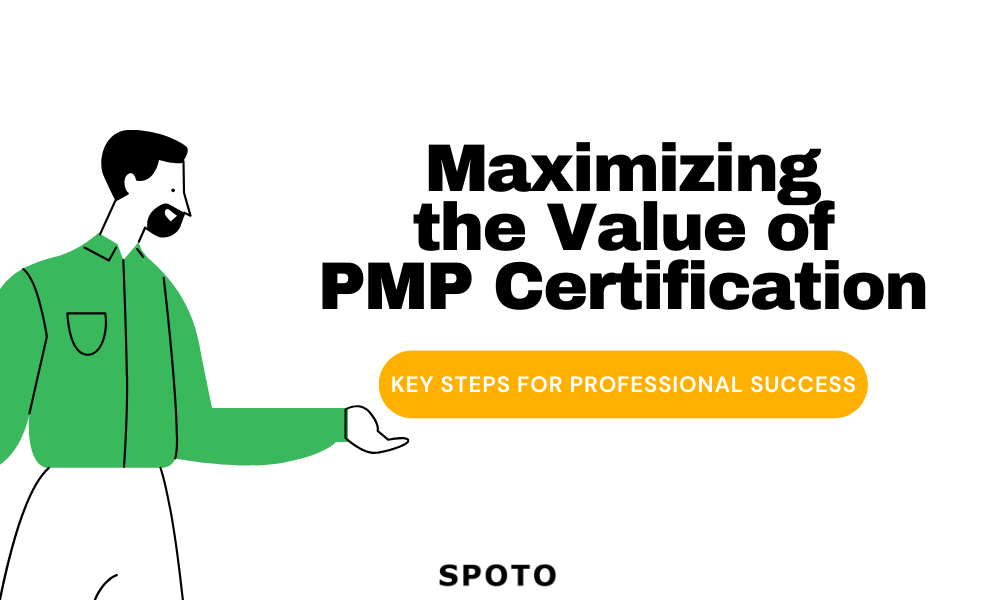
Table of Contents
- Ⅰ. Introduction
- II. Review and Consolidate Your Project Management Skills
- III. Networking and Building Relationships
- Ⅳ. Showcasing PMP Certification in Your Professional Profile
- V. Seeking Leadership and Specialization Opportunities
- VI. Contributing to the Project Management Community
- VII. Continuous Learning and Staying Updated
- VIII. Conclusion
Ⅰ. Introduction
The Project Management Professional (PMP) certification stands as a beacon of excellence within the project management sphere, recognized globally across various industries. This prestigious credential not only validates one's proficiency and dedication to project management but also opens doors to advanced career opportunities and enhances professional credibility.
This article delves into strategic approaches to maximize the value of your PMP certification, guiding you through essential steps to leverage this achievement for professional growth and success. By embracing continuous learning, networking, and contributing to the project management community, you can significantly enhance your career trajectory and impact in the field.
II. Review and Consolidate Your Project Management Skills
Embarking on a journey to enhance one's project management prowess following the achievement of PMP certification requires a reflective and strategic approach. This pathway is not about merely accumulating knowledge but about synthesizing it in a way that magnifies your professional capabilities.
A. Identifying Areas for Improvement Based on PMP Exam Experience
Insights gleaned from the PMP examination process serve as a crucial compass for personal growth. The exam's rigorous nature exposes candidates to a broad spectrum of concepts, methodologies, and scenarios. It's paramount to introspect on areas where uncertainties or challenges arose during the exam, as these are indicative of potential avenues for development. This reflective process transcends mere identification; it's about weaving these insights into a structured plan aimed at fortifying your project management skill set.
B. Continual Professional Development Opportunities for Project Managers
The landscape of project management is perpetually evolving, thus necessitating a commitment to continuous learning. Post-PMP certification, it's essential to engage in opportunities that not only align with your career trajectory but also challenge and expand your understanding. These opportunities encompass a variety of formats, from workshops, webinars, and conferences to more formal educational pursuits such as advanced degrees or specialized certifications. Delving into topics such as agile methodologies, risk management, or digital project management can provide a competitive edge and deepen your expertise.
The objective is to not only keep pace with the dynamic project management field but to position oneself as a thought leader who contributes to shaping its future. By embracing a mindset of perpetual growth and seeking out diverse professional development opportunities, project managers can significantly enhance their impact and efficacy in their roles.
III. Networking and Building Relationships
The intricate web of professional networking serves as the backbone for career advancement and the discovery of new opportunities within the realm of project management. Establishing and nurturing connections can lead to a significant increase in career growth potential, as these relationships often provide insights, advice, and access to opportunities not available through traditional job search methods.
A. Importance of networking for career growth and opportunities
Delving into the realm of professional networking unveils an array of benefits that can propel a project manager's career to new heights. Engaging with peers, mentors, and industry leaders opens doors to a treasure trove of knowledge, mentorship, and potential job prospects. It's an investment in one's professional journey that facilitates the sharing of industry trends, challenges, and solutions, thereby enhancing one's expertise and visibility in the field.
B. Joining industry associations and attending relevant events
- Aligning with esteemed industry associations not only broadens one's professional network but also embeds a project manager within the heart of the industry's evolution.
- Attendance at pivotal events, workshops, and seminars acts as a catalyst for professional growth, offering unmatched access to the latest industry insights and the opportunity to connect with thought leaders and innovators.
- Such engagements provide a platform for interactive learning and the exchange of ideas, ensuring project managers remain at the forefront of project management excellence.
Ⅳ. Showcasing PMP Certification in Your Professional Profile
In an era where the professional landscape is as competitive as ever, brandishing the achievements that set you apart is crucial. The Project Management Professional (PMP) certification is more than just a title—it's a testament to your dedication, expertise, and capacity in the field of project management. Below, we delve into how you can strategically leverage this prestigious designation to enhance your professional persona.
Updating LinkedIn and Other Professional Platforms with PMP Designation
The digital realm is your first frontier for flaunting your PMP certification. Commence with LinkedIn, the pinnacle of professional networking sites, by appending 'PMP' to your name. This simple act elevates your visibility, not just among your connections but also in the eyes of recruiters actively scouting for talent in project management. Beyond your title, enrich your profile's 'Education' and 'Certifications' sections with details about your PMP achievement. Remember, specificity captivates; include your certification number, the issuing authority, and the validity period to underscore authenticity and precision.
Highlighting PMP Certification on Resumes and Cover Letters
Your resume and cover letter are your personal ambassadors, speaking volumes about your capabilities and accomplishments. In these documents, the PMP certification should be prominently displayed, preferably at the top near your name, to immediately signal your expertise to potential employers. Integrate it into the 'Professional Summary' or 'Certifications' section of your resume to reinforce its significance. In your cover letter, weave a narrative around how the PMP certification has shaped your project management philosophy and approach, demonstrating a deep connection between your credentials and the practical wisdom you bring to the table.
Every touchpoint in your professional profile should narrate the story of your expertise, with the PMP certification acting as a critical chapter. By meticulously updating your digital profiles and traditional application documents, you not only showcase your achievement but also set a beacon for opportunities to find their way to you, illuminating your path towards career advancement and success.
V. Seeking Leadership and Specialization Opportunities
Embarking on a journey towards leadership and honing specialized skills post-PMP certification opens a myriad of doors for project managers aiming to elevate their professional trajectory. This segment delves into strategies for seizing leadership roles and specializing in niche project management sectors, fostering both personal growth and organizational value.
A. Seeking Project Management Leadership Roles for Added Responsibility and Experience
Stepping into leadership positions is a pivotal stride in maximizing the value of your PMP certification. It's not merely about overseeing projects but about embodying the role of a visionary, capable of navigating complex projects to fruition. Pursuing these roles enhances your profile, allowing you to apply the principles learned through PMP certification in real-world scenarios, thus enriching your expertise. This endeavor necessitates a proactive approach, from expressing interest in leadership roles within your organization to showcasing your capabilities in driving project success.
B. Gaining Specialization in Specific Project Management Domains
Diving deeper into specific domains within project management not only distinguishes you from your peers but also significantly boosts your value to employers. Specialization can range from agile methodologies to risk management, each offering unique challenges and opportunities for development. By focusing on a particular area, you solidify your expertise, making you the go-to person for projects in that niche. Engaging in further training and staying abreast of the latest trends in your chosen specialization are crucial steps in this specialization journey.
Here is the article section based on the provided outline and requirements:
VI. Contributing to the Project Management Community
Enriching the project management community is a collective responsibility for PMP certificate holders. Sharing one's insights and learnings through blogs, presentations, or even speaking engagements not only furthers one's own knowledge but also assists in the professional growth of others. This continuous exchange of knowledge fosters a vibrant, informed, and connected community.
A. Sharing Knowledge and Insights
Engagement in the dissemination of knowledge through various channels such as writing articles, participating in webinars, or presenting at conferences can significantly impact both personal and communal development. This sharing acts as a two-way street, offering opportunities for feedback and new ideas while establishing oneself as a thought leader within the field.
B. Joining or Establishing Communities
- Active participation in project management forums and groups.
- Formation of new platforms for discussion and resource sharing.
- Collaboration with peers to tackle common challenges and share solutions.
By engaging with existing communities or initiating new ones, professionals can create valuable networks, enhance their learning, and contribute significantly to the industry's body of knowledge.
VII. Continuous Learning and Staying Updated
In the ever-evolving domain of project management, the pursuit of knowledge is both a journey and a destination. Continuous learning emerges as a pivotal strategy for professionals aiming to sustain relevance and proficiency amidst shifting industry paradigms. This commitment to educational growth ensures that project managers are well-equipped to navigate the complexities of their field, thereby enhancing their capacity to deliver exceptional value in their roles.
A. Engaging in Ongoing Learning to Stay Updated with Industry Trends and Best Practices
The landscape of project management is characterized by its dynamic nature, where methodologies evolve and new standards of excellence are established. To remain at the forefront, project managers must immerse themselves in an ongoing learning process. This includes, but is not limited to, participating in workshops, webinars, and conferences that serve as conduits for the dissemination of contemporary knowledge and innovative practices. Such platforms offer invaluable insights into emerging trends, facilitating a deep understanding of how to apply these advancements effectively within their own projects.
B. Exploring Additional Certifications and Advanced Training Opportunities
Beyond the foundational knowledge provided by the PMP certification, there exists a plethora of advanced training opportunities and specialized certifications designed to deepen expertise and broaden skill sets. Fields such as Agile, Scrum, Lean, and Six Sigma offer specialized pathways for project managers seeking to enhance their methodological arsenal. Engaging in these additional certifications not only augments one's competence but also significantly elevates their professional standing within the project management community. By embracing these advanced training opportunities, project managers can cultivate a more robust and versatile skill set, positioning themselves as invaluable assets to their teams and organizations.
VIII. Conclusion
The journey to obtaining a Project Management Professional (PMP) certification is both challenging and rewarding, marking a significant milestone in a project manager's career. This credential, recognized globally, not only validates your commitment to the profession but also your mastery of the skills necessary to lead and manage complex projects successfully. It opens doors to new opportunities, potentially leading to higher salaries and more prestigious roles within the industry. However, the true value of PMP certification extends far beyond the credential itself; it lies in how you leverage this achievement to further your professional development, expand your network, and contribute to the project management community.
To truly maximize the value of your PMP certification, it's essential to take proactive steps towards continuous improvement and engagement within the field. This involves a commitment to lifelong learning, seeking out leadership and specialization opportunities, and actively participating in the broader project management community. By updating your professional profiles to highlight your PMP status, joining industry associations, and sharing your knowledge and experiences, you can enhance your professional reputation and open up new avenues for career advancement.
As we've explored throughout this article, your PMP certification is not just a testament to your hard-earned skills and knowledge; it's a foundation upon which to build a more fulfilling and successful career in project management. I encourage you to implement the steps outlined, from deepening your expertise and building strategic relationships to contributing to the project management discourse. By doing so, you will not only maximize the value of your PMP certification but also set yourself apart as a leader and innovator in the field.

